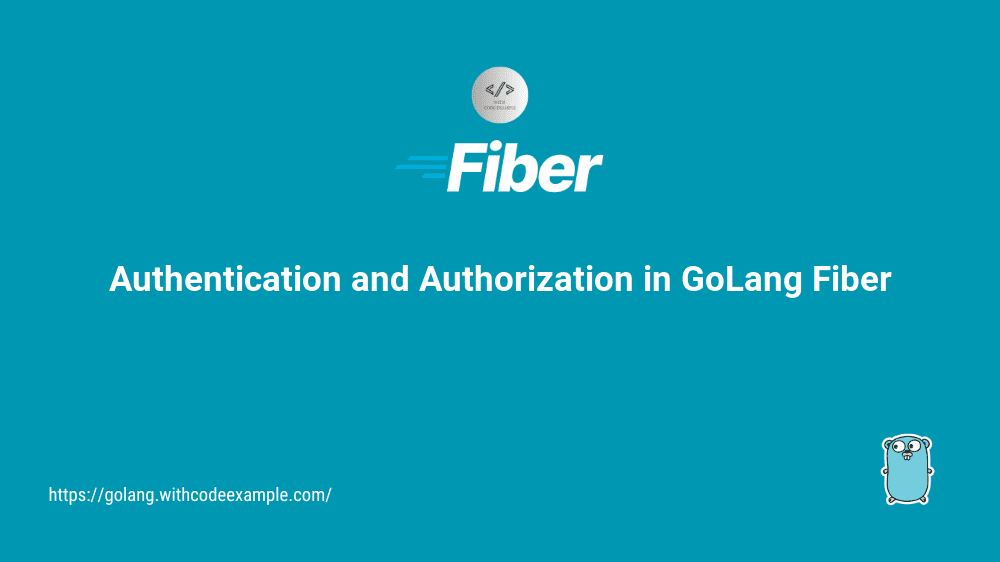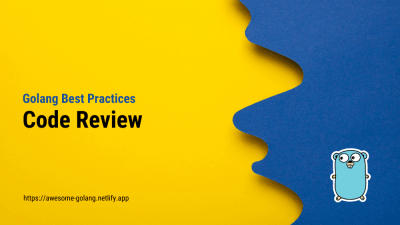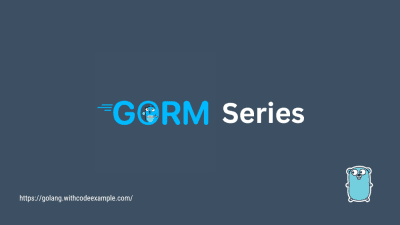Essential Golang Libraries With Examples and Applications
- With Code Example
- August 26, 2023
Enhance Your Golang Development with Essential Libraries and Examples
Golang, also known as Go, has rapidly gained popularity among developers due to its simplicity, performance, and concurrency support. One of the key factors contributing to Go’s success is its rich ecosystem of libraries that streamline development and offer solutions to common challenges. In this article, we’ll take a closer look at some essential Golang libraries, providing real-world examples of how they can enhance your coding experience.

1. Gorilla Mux (github.com/gorilla/mux)
Gorilla Mux is a powerful HTTP router and dispatcher for creating flexible and efficient RESTful APIs in Go. It offers features like URL routing, query parameters, and request handling. Let’s see how to use Gorilla Mux to build a simple API:
Gorilla Mux Example
package main
import (
"fmt"
"net/http"
"github.com/gorilla/mux"
)
func helloHandler(w http.ResponseWriter, r *http.Request) {
fmt.Fprintln(w, "Hello, Golang World!")
}
func main() {
r := mux.NewRouter()
r.HandleFunc("/hello", helloHandler)
http.Handle("/", r)
fmt.Println("Server started on :8080")
http.ListenAndServe(":8080", nil)
}
2. Go Modules (go.dev)
Go Modules are essential for managing dependencies in modern Go projects. They enable versioned dependency management and eliminate the need for the old GOPATH setup. Here’s how to use Go Modules in a project:
Go Modules Example
# Enable Go Modules for a project
go mod init myproject
# Add a dependency
go get github.com/gin-gonic/gin
# Import and use the package in your code
import "github.com/gin-gonic/gin"
3. Go Testing (testing package)
Go’s built-in testing framework makes writing and running tests a breeze. Properly tested code ensures reliability and facilitates maintenance. Here’s a simple example:
Go Testing Example
package main
import (
"testing"
)
func Sum(a, b int) int {
return a + b
}
func TestSum(t *testing.T) {
result := Sum(2, 3)
if result != 5 {
t.Errorf("Sum(2, 3) = %d; want 5", result)
}
}
4. Zap (go.uber.org/zap)
Logging is crucial for monitoring and debugging applications. Zap is a performant, structured logging library that’s easy to use. Here’s how you can integrate Zap into your project:
Zap Example
package main
import (
"go.uber.org/zap"
)
func main() {
logger, _ := zap.NewProduction()
defer logger.Sync() // Flushes buffer, if any
sugar := logger.Sugar()
sugar.Infof("Logging with Zap: %s", "info message")
}
5. sqlx (github.com/jmoiron/sqlx)
When working with databases, sqlx simplifies database interactions by providing a higher-level API on top of the standard database/sql package. Here’s a basic example:
sqlx Example
package main
import (
"fmt"
"log"
"github.com/jmoiron/sqlx"
_ "github.com/mattn/go-sqlite3"
)
type Person struct {
ID int `db:"id"`
Name string `db:"name"`
}
func main() {
db, err := sqlx.Open("sqlite3", "test.db")
if err != nil {
log.Fatal(err)
}
person := Person{}
err = db.Get(&person, "SELECT * FROM people WHERE id=$1", 1)
if err != nil {
log.Fatal(err)
}
fmt.Printf("ID: %d, Name: %s\n", person.ID, person.Name)
}
Conclusion
These Golang libraries offer incredible value by simplifying and enhancing various aspects of development. Gorilla Mux assists in building robust APIs, Go Modules modernize dependency management, the testing package ensures code reliability, Zap simplifies logging, and sqlx streamlines database interactions. Incorporating these libraries into your projects not only saves time but also improves code quality and maintainability. As you explore more of Go’s expansive library ecosystem, you’ll discover even more tools that contribute to your success as a Golang developer.




